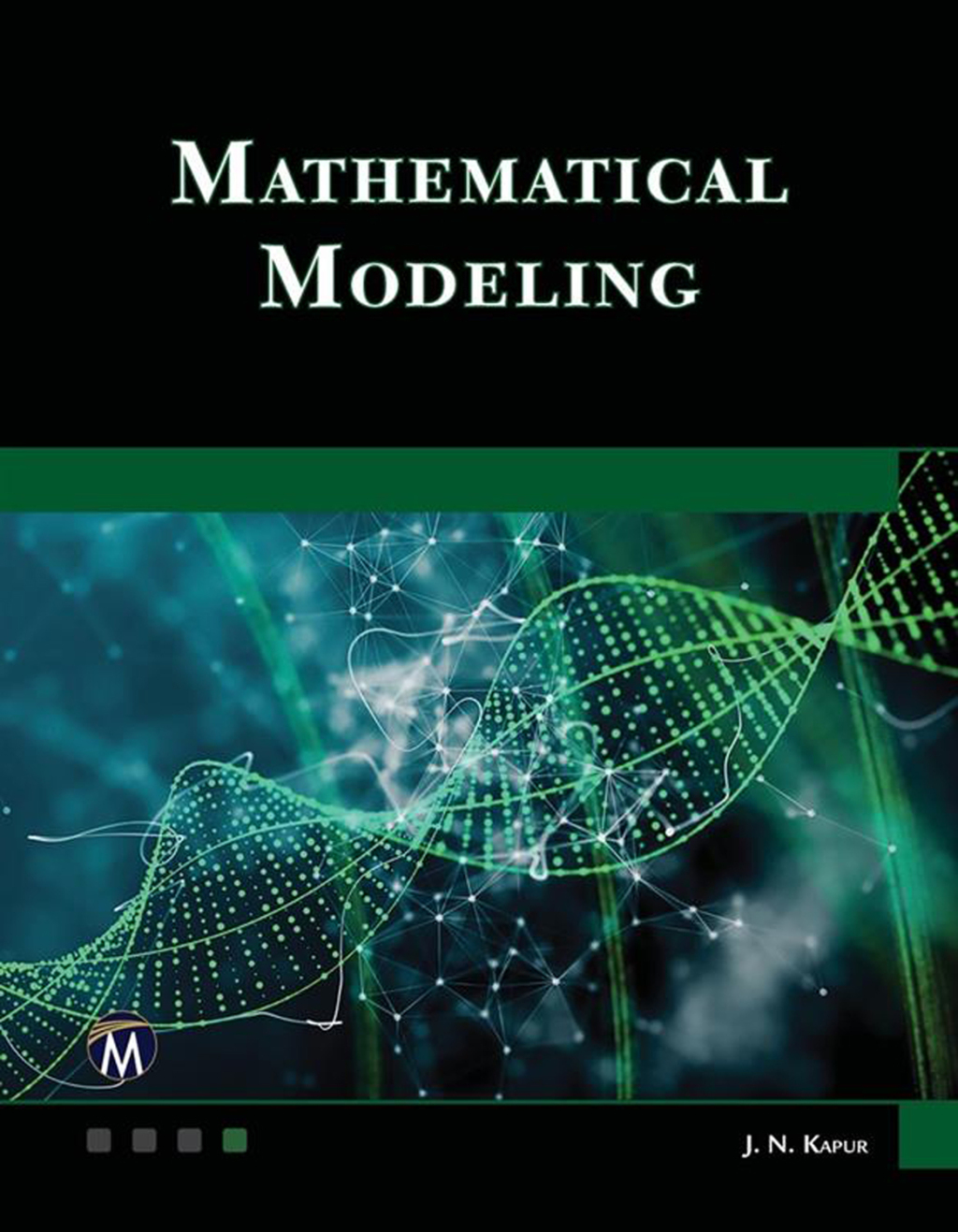Additional information
| Full Title | Mathematical Modeling |
|---|---|
| Author(s) | Rutherford Aris |
| Edition | |
| ISBN | 9780080511245, 9780126045857 |
| Publisher | Academic Press |
| Format | PDF and EPUB |
Original price was: $190.00.$24.99Current price is: $24.99.
Access Mathematical Modeling Now. Discount up to 90%
| Full Title | Mathematical Modeling |
|---|---|
| Author(s) | Rutherford Aris |
| Edition | |
| ISBN | 9780080511245, 9780126045857 |
| Publisher | Academic Press |
| Format | PDF and EPUB |
Mathematical modeling is the art and craft of building a system of equations that is both sufficiently complex to do justice to physical reality and sufficiently simple to give real insight into the situation. Mathematical Modeling: A Chemical Engineer’s Perspective provides an elementary introduction to the craft by one of the century’s most distinguished practitioners.
Though the book is written from a chemical engineering viewpoint, the principles and pitfalls are common to all mathematical modeling of physical systems. Seventeen of the author’s frequently cited papers are reprinted to illustrate applications to convective diffusion, formal chemical kinetics, heat and mass transfer, and the philosophy of modeling. An essay of acknowledgments, asides, and footnotes captures personal reflections on academic life and personalities.
* Describes pitfalls as well as principles of mathematical modeling
* Presents twenty examples of engineering problems
* Features seventeen reprinted papers
* Presents personal reflections on some of the great natural philosophers
* Emphasizes modeling procedures that precede extensive calculations
Original price was: $54.99.$24.99Current price is: $24.99.
Access Mathematical Modeling Now. Discount up to 90%
| Full Title | Mathematical Modeling |
|---|---|
| Author(s) | Stefan Heinz |
| Edition | |
| ISBN | 9783642203114, 9783642203107 |
| Publisher | Springer |
| Format | PDF and EPUB |
The whole picture of Mathematical Modeling is systematically and thoroughly explained in this text for undergraduate and graduate students of mathematics, engineering, economics, finance, biology, chemistry, and physics. This textbook gives an overview of the spectrum of modeling techniques, deterministic and stochastic methods, and first-principle and empirical solutions. Complete range: The text continuously covers the complete range of basic modeling techniques: it provides a consistent transition from simple algebraic analysis methods to simulation methods used for research. Such an overview of the spectrum of modeling techniques is very helpful for the understanding of how a research problem considered can be appropriately addressed. Complete methods: Real-world processes always involve uncertainty, and the consideration of randomness is often relevant. Many students know deterministic methods, but they do hardly have access to stochastic methods, which are described in advanced textbooks on probability theory. The book develops consistently both deterministic and stochastic methods. In particular, it shows how deterministic methods are generalized by stochastic methods. Complete solutions: A variety of empirical approximations is often available for the modeling of processes. The question of which assumption is valid under certain conditions is clearly relevant. The book provides a bridge between empirical modeling and first-principle methods: it explains how the principles of modeling can be used to explain the validity of empirical assumptions. The basic features of micro-scale and macro-scale modeling are discussed – which is an important problem of current research.
Original price was: $69.95.$24.99Current price is: $24.99.
Access Mathematical Modeling Now. Discount up to 90%
| Full Title | Mathematical Modeling |
|---|---|
| Author(s) | J. N. Kapur |
| Edition | |
| ISBN | 9781683928720, 9781683928744 |
| Publisher | Mercury Learning & Information |
| Format | PDF and EPUB |
This book can be used in courses on mathematical modeling at the senior undergraduate or graduate level, or used as a reference for in-service scientists and engineers. The book aims to provide an overview of mathematical modeling through a panoramic view of applications of mathematics in science and technology. In each chapter, mathematical models are chosen from the physical, biological, social, economic, management, and engineering sciences. The models deal with different
concepts, but have a common mathematical structure and bring out the unifying influence of mathematical modeling in different disciplines.
FEATURES:
